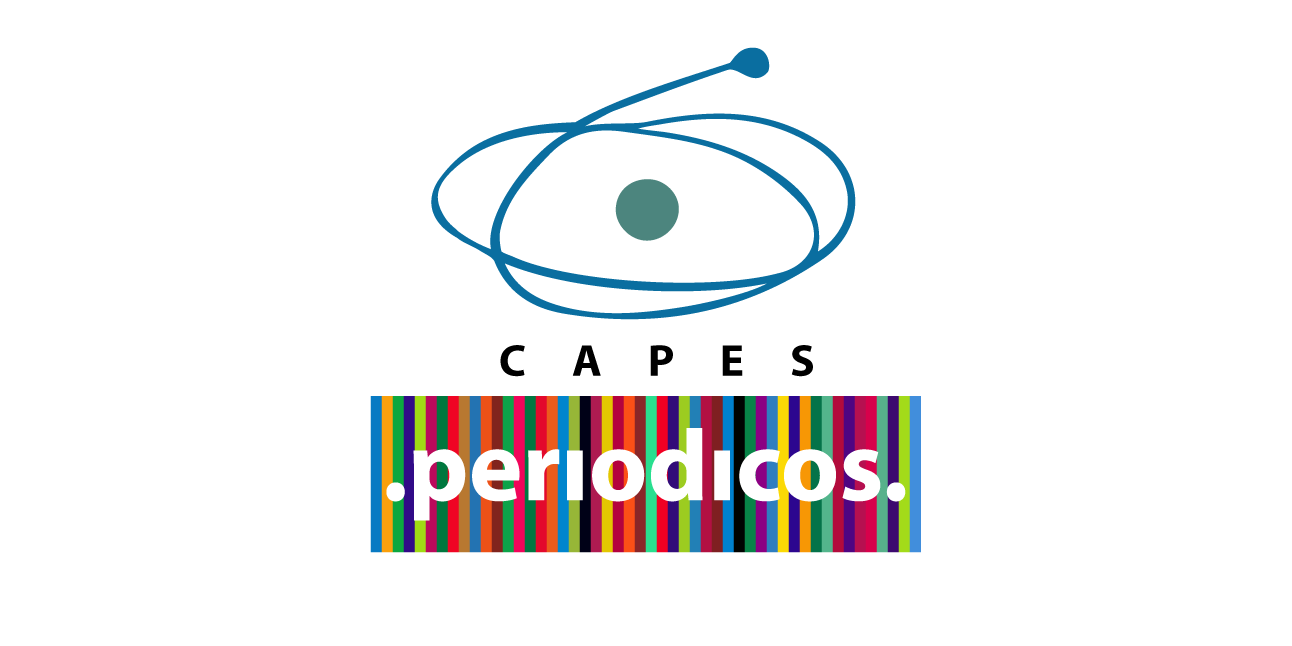Quando as mulheres invadem as salas de musculação: aspectos biossociais da musculação e da nutrição para mulheres
Palavras-chave:
Mulheres, Musculação, Nutrição, Women, Weight training, Nutrition.Resumo
A crença na vulnerabilidade biológica e na fragilidade inata deixou as mulheres fora de muitos esportes. Fragilidade, vulnerabilidade e passividade são características totalmente desfavoráveis às exigências da performance atlética. A musculação, hoje conhecida como exercício resistido, foi, por algum tempo, considerada um esporte contra-indicado para as mulheres. Hoje sabemos que essa atividade, aliada à dieta adaptada ao gasto calórico, é muito importante para o enrijecimento dos músculos e, além disso, para a diminuição da gordura corporal e aceleração do metabolismo. Porém, ainda existem mitos em relação à musculação feminina, que são o reflexo daquelas contra-indicações, como a idéia de que as mulheres praticantes ficam masculinizadas. Na presente pesquisa investigamos quais os conhecimentos e/ou mitos que rotineiramente estão envolvidos no treinamento e na alimentação das praticantes de musculação. Para isso, através de um projeto-piloto, fizemos um levantamento de dados utilizando técnicas da entrevista semi-estruturada e do formulário alimentar para a coleta dos dados; depois fizemos a análise de conteúdos para avaliar os resultados encontrados entre a população de mulheres praticantes de musculação voltada para força e hipertrofia nas academias na cidade de Maringá - PR, com o objetivo de verificar os mitos e os conhecimentos envolvidos na rotina de treinamento e na dieta das praticantes.Downloads
Publicado
2007-11-20
Como Citar
Lessa, P., Oshita, T. A. D., & Valezzi, M. (2007). Quando as mulheres invadem as salas de musculação: aspectos biossociais da musculação e da nutrição para mulheres. Iniciação Científica Cesumar, 9(2), 109–117. Recuperado de https://periodicos.unicesumar.edu.br/index.php/iccesumar/article/view/551
Edição
Seção
Artigos Originais
Licença
A Revista se reserva o direito de efetuar, nos originais, alterações de ordem normativa, ortográfica e gramatical, com o intuito de manter o padrão culto da língua, respeitando, porém, o estilo dos autores. As opiniões emitidas pelos autores são de sua exclusiva responsabilidade.Juntamente com o e-mail de aceite (para casos de aprovação) será encaminhado modelo da Carta de Direitos Autorais que deverá conter o nome completo dos autores, bem como dados de documentos pessoais e assinada por todos os autores e coautores envolvidos no trabalho.
Autores mantém os direitos autorais e concedem à revista o direito de primeira publicação, com o trabalho simultaneamente licenciado sob a Licença Creative Commons Attribution CC-BY-NC que permite o compartilhamento do trabalho com reconhecimento da autoria e publicação inicial nesta revista.






